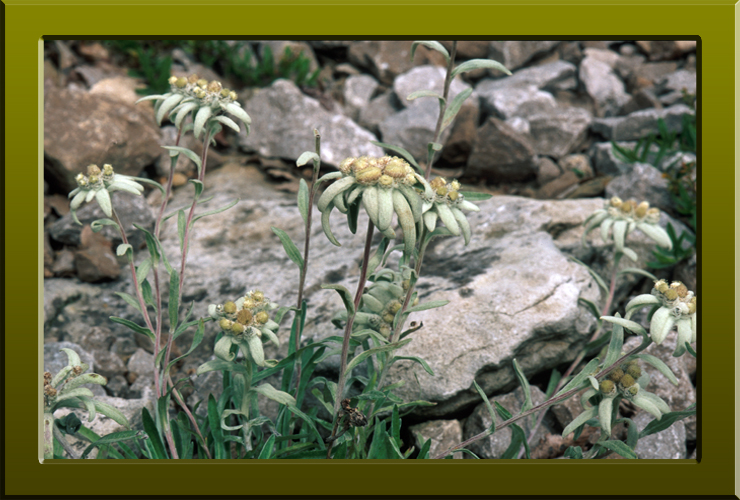Altai-Sayan BioProvince
This BioProvince (as defined by Armen Takhtajan) comprises the Altai Mountains (including northwest Mongolia), the Sayan Mountains (including west and east Sayan), the Salair Ridge, the Khangai Plateau, montane Shoria, the Minusinsk Basin, the Khamar-Daban Range, the slopes around the southern parts of Lake Baikal south of the mouth of the River Barguzin, and the area between the River Selenga and Chikoi. Originally these mountains formed some 500 to 300 million years ago but were subsequently worn down over geologic time into a peneplain. New upheavals during the early part of the Quaternary Period produced today’s magnificent peaks, but these were then subject to the Quaternary glaciation scouring them into rugged shapes and producing U-shaped valleys. Rock types typically include granites and metamorphic schists. The climate is strongly continental and influenced by the Mongolian centre of high barometric pressure. Summers are warm but winters are very cold with temperature down to -58°C in places. The flora includes two endemic, monotypic genera (Microstigma and Tridactylina) and about 120 endemic species.
The following accounts for this BioProvince have been written or will be written with particular reference to endemic and locally important species. Accounts available are displayed in green or yellow. Those displayed in red are either in the pipeline or awaiting expert contributions.
| Index |
|---|
| Major Ecosystems |
| Endemic Vascular Plant Flora |
| Bryophyte Flora |
| Fungus Flora |
| Lichen Flora |
| Invertebrate Fauna |
| Amphibian Fauna |
| Reptile Fauna |
| Bird Fauna |
| Mammal Fauna |
| Conservation Status |

Leontopodium palibinianum (Asteraceae) a rare edelweiss (Siberian or Palibin's edelweiss) of the Altai Mountains. Also found in Mongolia, Siberia and Sikkim (Copyright © 2010 Peter Martin Rhind)


